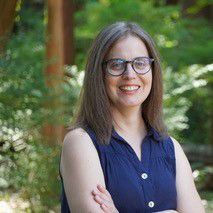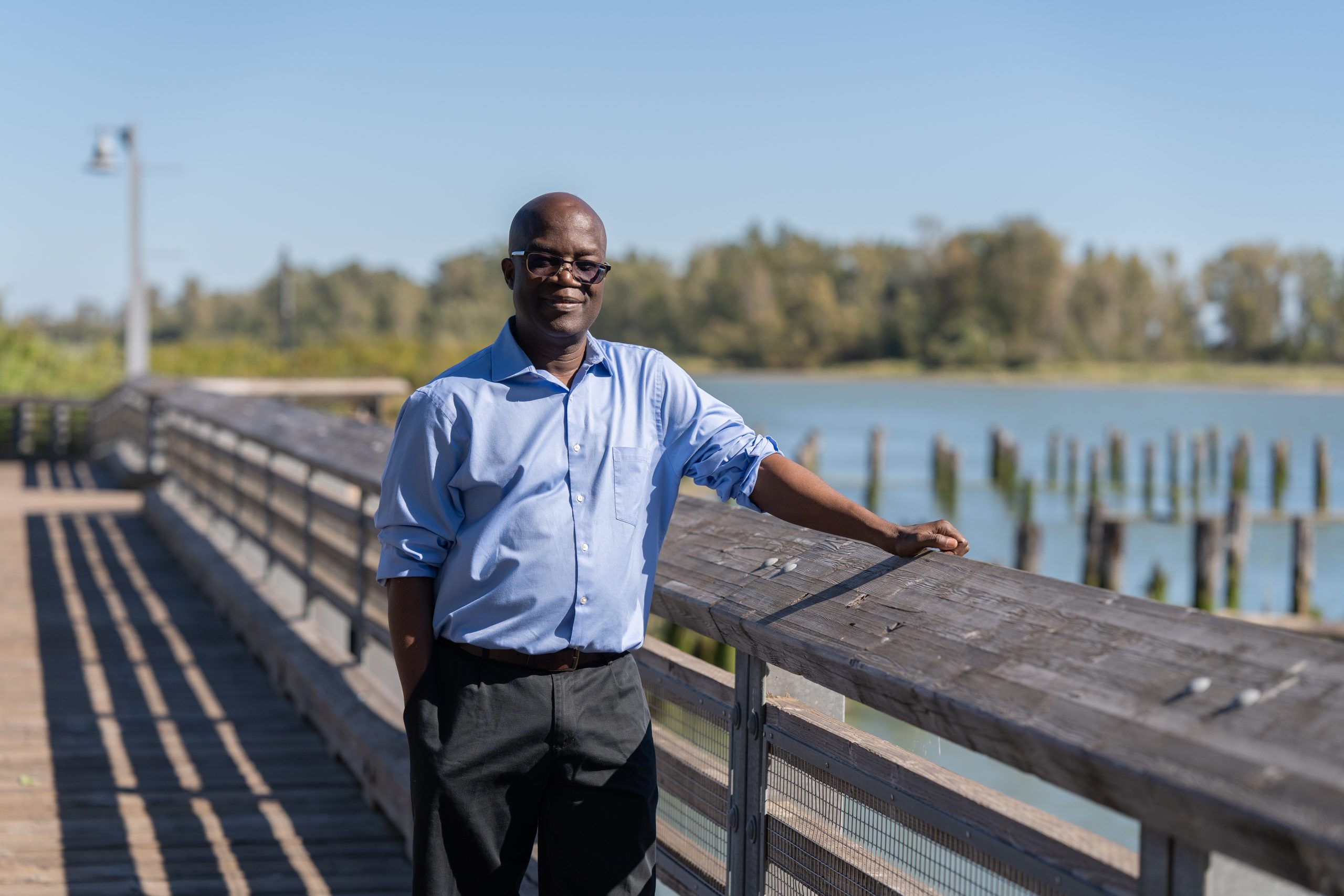
Tags: IOF announcement, William Cheung
Internal UBC search for new Director of the Institute for the Oceans and Fisheries. Deadline is March 27, 2026

Tags: biology, deoxygenation, faculty, Hongsik Kim, IOF alumni, IOF students, IUCN, marine ecosystems, marine science, ocean, ocean ecology, ocean economy, oxygen, Rashid Sumaila, Research
Oxygen is invisible, but it quietly decides where marine life can live, how it behaves, and how productive ecosystems can be.

Tags: Anna McLaskey, biology, Brian Hunt, Chinook salmon, climate change, coastal ecosystems, ecosystems, faculty, fisheries management, IOF postdoctoral fellows, IOF Research Associates, Jacob Lerner, marine ecosystems, Pelagic Ecosystems Lab, plankton, Research, salmon, thiamine
One of the threats salmon face has a deceptively gentle name: thiamine deficiency complex.

As part of the Science meets Parliament program, she will spend time in Victoria, working with provincial leadership on on environment and ecology issues.

Tags: Aboriginal fisheries, Amanda Vincent, Centre for Indigenous Fisheries, CIF, Dianne Newell, faculty, Indigenous fisheries, International Day of Women and Girls In Science, IOF postdoctoral fellows, IOF students, kelp, Kelp forests, Research, Salome Buglass, Sara Cannon, women, Women in Science
IOF is highlighting a few of the women across the Institute whose work shows what science looks like when it is built for impact.

Tags: Brazil, Carol Meirelles, conservation, freshwater, habitats, manatees, Marine Mammal Research Unit, marine mammals, MMRU, strandings
A special focus on Lesser-Known Marine Mammals

Tags: Aboriginal fisheries, Centre for Indigenous Fisheries, conferences, Indigenous conservation, Indigenous culture, Indigenous fisheries, Indigenous Knowledge, IOF students, New Zealand
Centre for Indigenous Fisheries MSC student Kahsennarò:roks Deom attended the Taikura Tri-Academy Indigenous Summit in Aotearoa (New Zealand).

Tags: atolls, climate change, faculty, IOF students, Kiribati, Pacific Islands, Pacific Ocean, Research, rising waters, Simon Donner, waves
It was found that when elevated water levels and the right wave direction line up, inundation risk jumps. This is particularly true during El Niño, when regional sea level sits higher.

“Dr. Sumaila’s groundbreaking research and advocacy have been instrumental in shaping international ocean policy, including the historic High Seas Treaty,” said Jennifer Morris, CEO of The Nature Conservancy.

Tags: Alyssa Gehman, biodiversity, biodiversity conservation, British Columbia, Christopher Harley, climate change, coastal ecosystems, coastal environment, coastline, conservation, ecology, fieldwork, Hakai Coastal Initiative, Pacific Ocean, Salish Sea, Sentinels of Change
The Sentinels of Change Alliance shows what’s possible when collaboration is a foundation, not an add-on